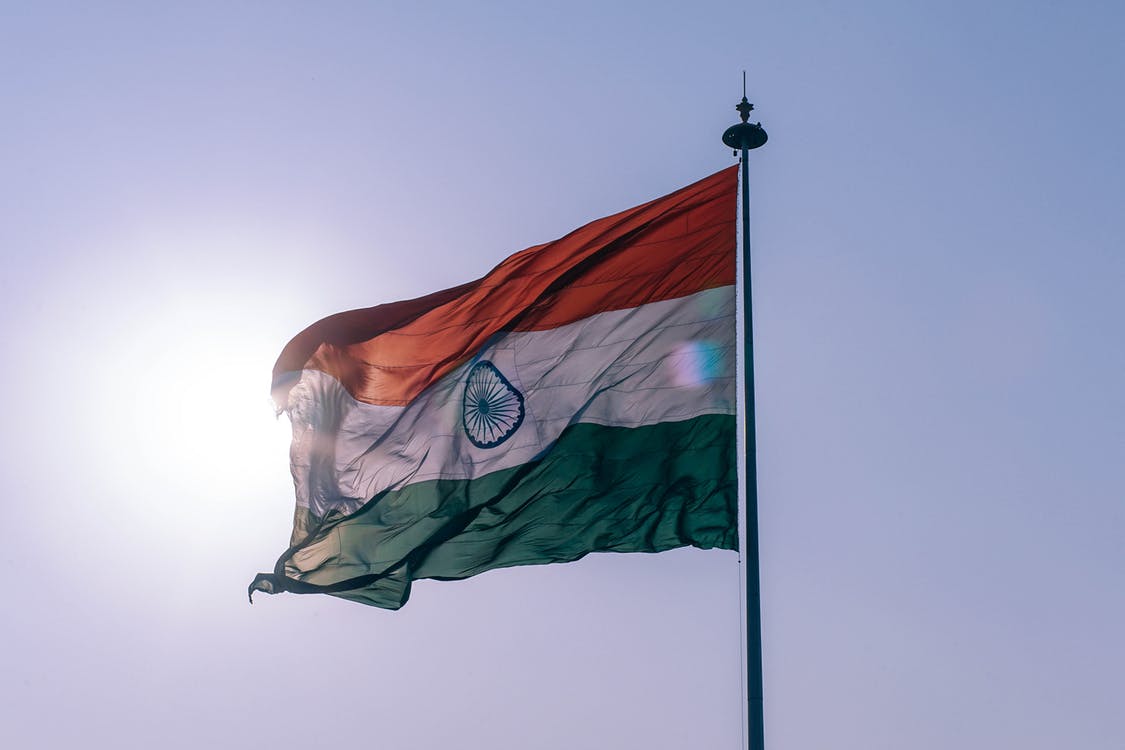Staying ahead of the double helix
By Sujatha Byravan,
The Hindu
| 03. 03. 2018
The Delhi High Court recently ruled against discrimination in health insurance by United India Insurance Company involving a person with a heart condition which was perceived to be a genetic disorder. The court held, “Discrimination in health insurance against individuals based on their genetic disposition or genetic heritage, in the absence of appropriate genetic testing and laying down of intelligible differentia, is unconstitutional.”
While the specific features of this case may depend on clauses in the original policy, this is a critical court decision around the broader question of discrimination on the basis of one’s genetic predisposition. As technology for genetic testing and tools to gather family history and compile them in databases become cheaper and more widespread, it becomes imperative that due social and ethical consideration be given to genetic discrimination as the implications are far-reaching and can affect everyone.
Questionable assumptions
Genetic discrimination (GD) is understood to be differential treatment of those not showing symptoms but who are nevertheless treated differently on the basis of any real or assumed genetic characteristics. We must recognise that GD is...
Related Articles
Flag of South Africa; design by Frederick Brownell,
image by WikimediaCommons users.
Public domain, via Wikimedia Commons
What is the legal status of heritable human genome editing (HHGE)? In 2020, a comprehensive policy analysis by Baylis, Darnovsky, Hasson, and Krahn documented that more than 70 countries and an international treaty prohibit it, and that no country explicitly permits it. Policies in some countries were non-existent, ambiguous, or subject to possible amendment, but the general rule remained, even after one...
By Tamsin Metelerkamp, Daily Maverick | 11.18.2024
The National Health Research Ethics Council (NHREC) has confirmed that heritable human genome editing (HHGE) remains illegal in South Africa, after changes in the latest version of the South African Ethics in Health Research Guidelines sparked concern among researchers that...
By World Health Organization, World Health Organization | 11.20.2024
By Colette Shade, The New Republic | 11.14.2024
Photo "Elon Musk" by Daniel Oberhaus on Flickr (CC BY-NC-SA 2.0)
Would Donald Trump have won reelection if not for the backing of the world’s richest man? We’ll never know. But that man, Elon Musk, gave Trump more than $130...




